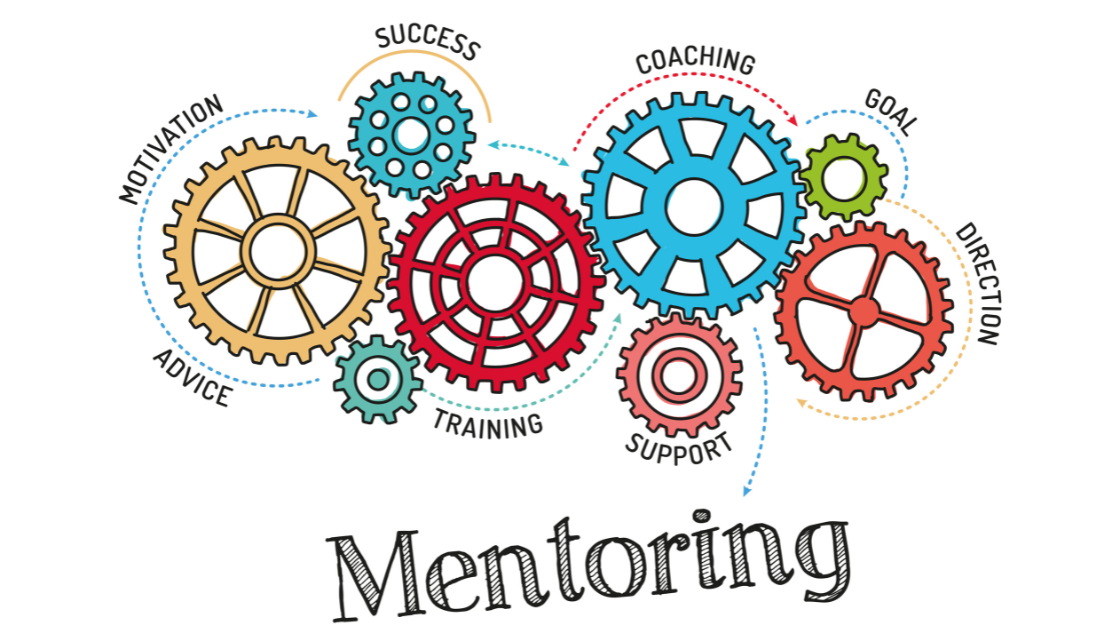Zeeshan and Karina Hayat – The Power of Mentorship in Business: How Guidance, Wisdom, and Experience Shape Future Leaders

Behind every successful leader, there is often a mentor whose influence has shaped their journey. In the world of business, mentorship goes far beyond career advice—it is about transferring wisdom, building confidence, and providing guidance when the path ahead seems uncertain. In an era defined by rapid change and intense competition, mentorship has become a cornerstone of professional growth and leadership development. It bridges the gap between experience and ambition, equipping the next generation of leaders with the skills and mindset they need to thrive.
The Value of Shared Wisdom
Knowledge is powerful, but wisdom—earned through years of experience—is invaluable. Mentors provide insights that cannot be found in textbooks or training manuals. They share lessons learned from both successes and failures, giving mentees a more holistic understanding of business challenges. This transfer of lived experience helps young professionals avoid common pitfalls and approach opportunities with greater clarity. By leaning on a mentor’s wisdom, future leaders gain a head start in navigating complex situations with confidence.
Building Confidence and Resilience
One of the most profound impacts of mentorship is the confidence it instills in mentees. In business, self-doubt can hinder decision-making and stunt growth. Mentors serve as sounding boards, offering reassurance during moments of uncertainty and encouragement to take calculated risks. This support builds resilience, helping mentees recover from setbacks and push forward with determination. Over time, this cycle of guidance and reinforcement transforms mentees into leaders who trust their instincts and inspire others.
Expanding Networks and Opportunities
Mentorship also opens doors to valuable networks. A well-connected mentor can introduce mentees to industry leaders, investors, or collaborators, accelerating opportunities that might have taken years to access independently. These introductions often lead to partnerships, career advancements, and new perspectives that broaden a mentee’s horizon. In this sense, mentorship not only shapes individual growth but also strengthens the larger business community by fostering collaboration and innovation.
Shaping Leadership Through Example
Great mentors don’t just advise—they lead by example. By observing how mentors handle challenges, treat others, and make decisions, mentees develop their own leadership style. This modeling effect is crucial, as leadership is as much about behavior as it is about strategy. When mentors demonstrate integrity, empathy, and accountability, they instill these qualities in their mentees. Over time, this creates a ripple effect of ethical and responsible leadership that extends well beyond a single mentor-mentee relationship.
Mutual Growth and Learning
Mentorship is not a one-way street. While mentees gain wisdom and guidance, mentors also benefit from fresh perspectives, innovative ideas, and renewed energy. Engaging with younger professionals keeps mentors connected to emerging trends, technologies, and generational shifts in the workplace. This exchange creates a dynamic relationship where both parties grow together. For businesses, fostering this culture of mutual learning strengthens organizational adaptability and long-term success.
Mentorship as a Legacy
Perhaps the most enduring power of mentorship lies in legacy building. Leaders who invest in mentoring others leave a lasting imprint not only on individuals but also on the organizations and industries they serve. The mentees they shape often go on to become mentors themselves, creating a cycle of empowerment that spans generations. This continuity ensures that values, knowledge, and experience are carried forward, sustaining progress and innovation long after the mentor’s direct involvement has ended.
Creating a Culture of Mentorship in Business
While informal mentorship relationships are powerful, businesses that intentionally foster mentorship create environments where growth flourishes. Structured programs, leadership development initiatives, and cross-generational collaborations make mentorship accessible to more employees. By embedding mentorship into company culture, organizations demonstrate their commitment to employee development, retention, and long-term leadership pipelines. In turn, this strengthens loyalty, engagement, and overall business performance.
Conclusion: Shaping Leaders for the Future
The power of mentorship in business cannot be overstated. It provides the guidance, wisdom, and experience that transform ambition into achievement and potential into leadership. Mentorship is not just about professional success—it is about building resilient, ethical, and compassionate leaders who will shape the future of business. As industries evolve and challenges grow more complex, the role of mentors will only become more critical. By embracing mentorship, today’s leaders can ensure that tomorrow’s visionaries are prepared to lead with courage, wisdom, and purpose
About The Hayats
Karina and Zeeshan Hayat are entrepreneurs with a long-standing track record of driving innovation and creating meaningful social impact. With over 20 years of experience across various sectors, they have co-founded and led several digital ventures focused on sustainable growth and business development. Known for their strategic thinking and ability to help organisations expand effectively, they also dedicate time to mentoring emerging business leaders. Their commitment to giving back is reflected in their work with 100 Meals a Week, a charitable initiative supporting underserved communities in Vancouver’s Downtown Eastside and parts of Florida.












